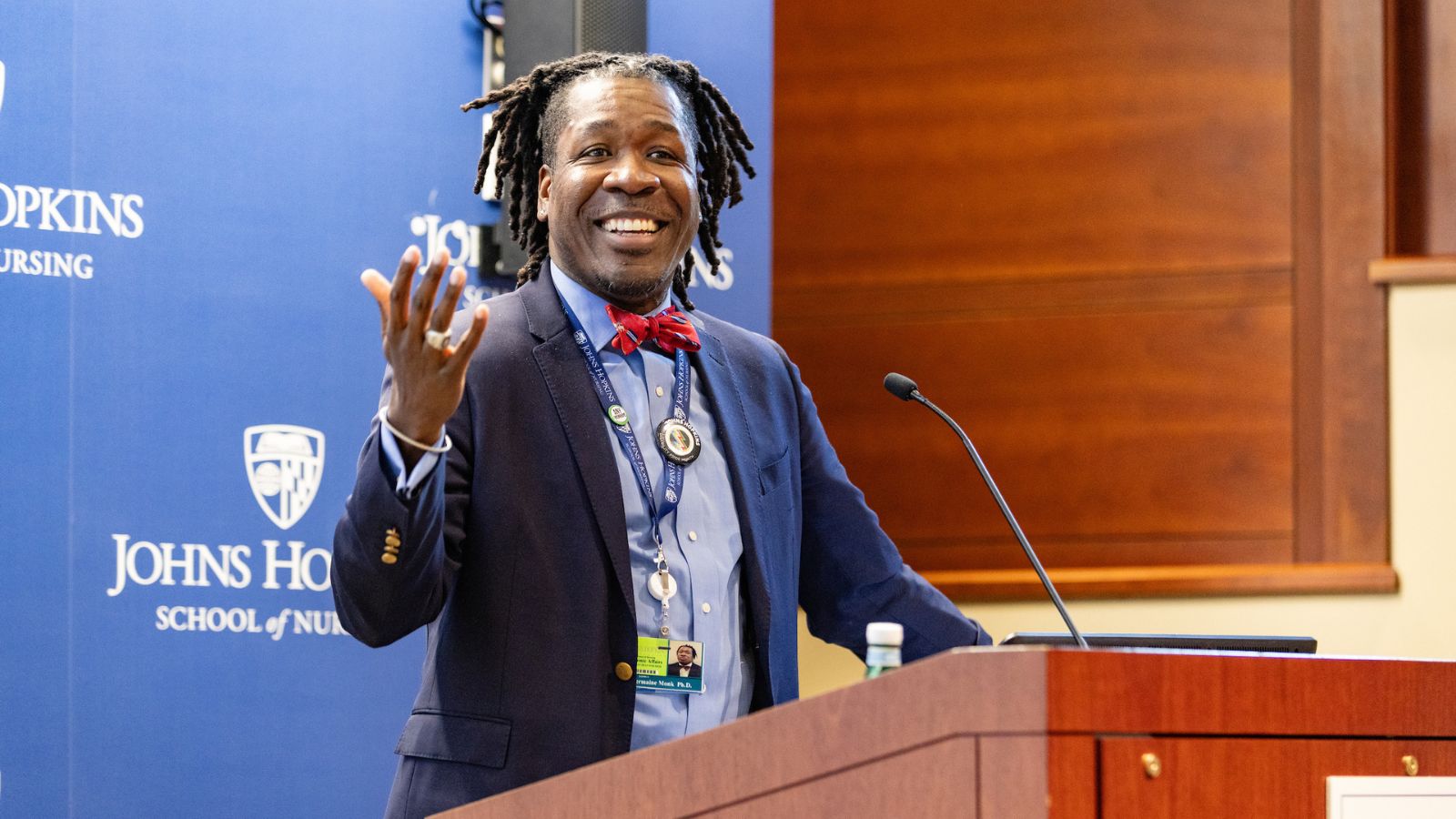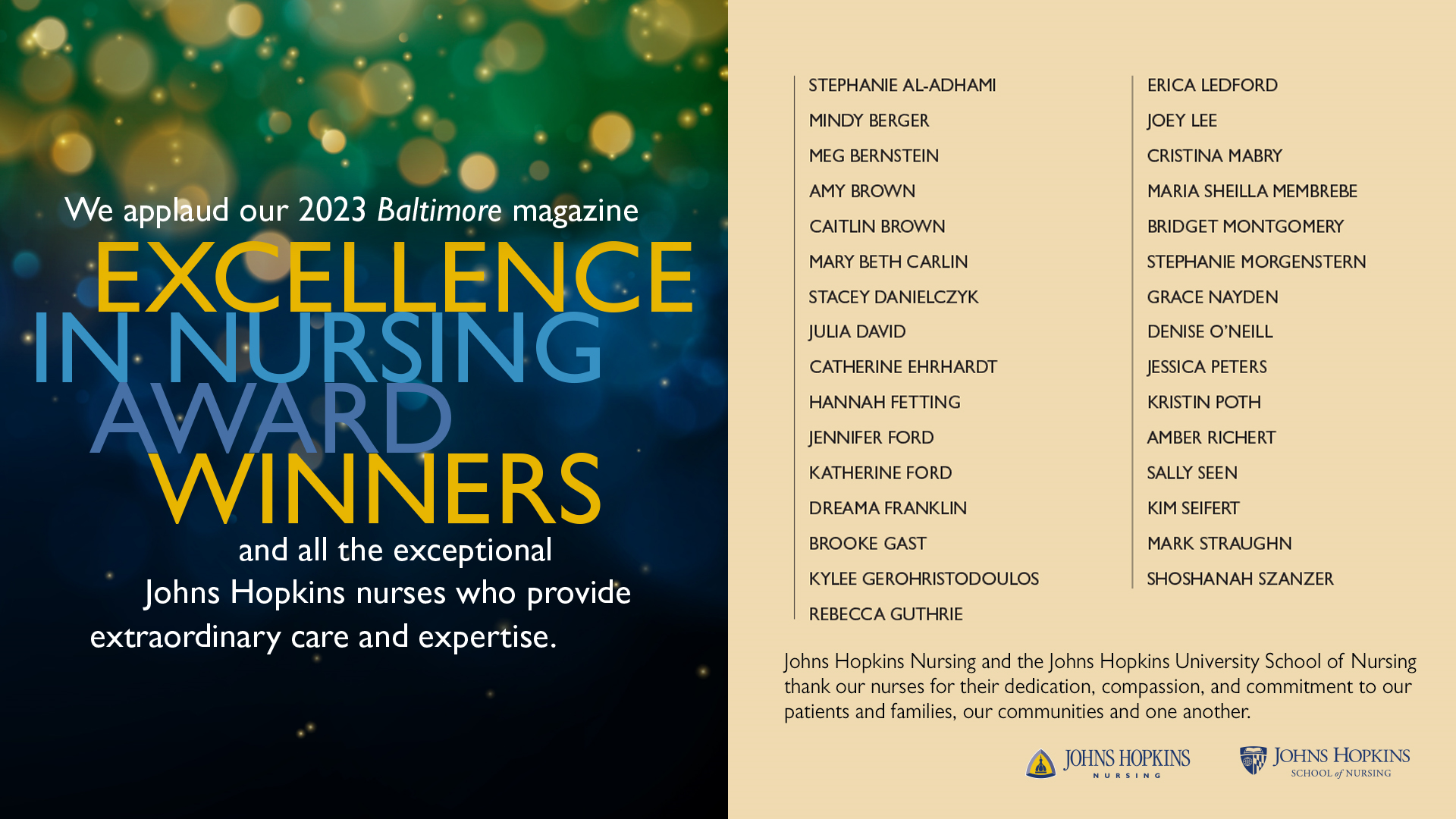The opioid epidemic is a threat to the health of our communities across the nation and world, and efforts to mitigate stigma are critical to advancing care. Both clinicians and policy makers must be aware of the way words, used relative to substance use disorders, can negatively impact the way society perceives substance use and the people who are affected by it.
On January 9, 2017, Michael P. Botticelli, then Director of the Office of National Drug Control Policy (ONDCP) disseminated a document to the Executive Branch agencies which addressed terminology related to substance use and substance use disorders. A publication—Confronting inadvertent stigma and pejorative language in addiction scholarship: A recognition and response— written by myself and my colleagues on the Substance Abuse journal editorial board was cited in the report. The recognition of our work reflects its national importance.
Highlights from this ONDCP document, “Changing the Language of Addictions,” include the following:
- Substance use disorders are chronic brain-based disorders from which people can and do recover.
- Persons with substance use disorders are viewed more negatively than people with physical or psychiatric disabilities.
- Person-first language (e.g., person with a substance use disorder) carries neutral rather than pejorative connotations.
- A goal of the document is to encourage Executive Branch agencies to consider using the guidance in their internal and public facing communications.
 ABOUT THE AUTHOR: DEBORAH FINNELL @dsfinnell
ABOUT THE AUTHOR: DEBORAH FINNELL @dsfinnell
Deborah Finnell, DNS, PMHNP-BC, CARN-AP, FAAN, is an associate professor and director of the master’s and DNP programs at the Johns Hopkins School of Nursing. She has specialized in mental health and addictions for the majority of her career, and she brings her passion for the neurological bases of mental health and addictions to her clinical practice, teaching, research, and policy/advocacy.
More blogs by Dr. Finnell:

 Forging Policy: Associate Dean Jermaine Monk and Education After Affirmative Action
Forging Policy: Associate Dean Jermaine Monk and Education After Affirmative Action From the Dean: Here & Now
From the Dean: Here & Now Seizing the Moment on Policy, Equity
Seizing the Moment on Policy, Equity 2023 Top Nurses
2023 Top Nurses Class News Fall 2023
Class News Fall 2023







